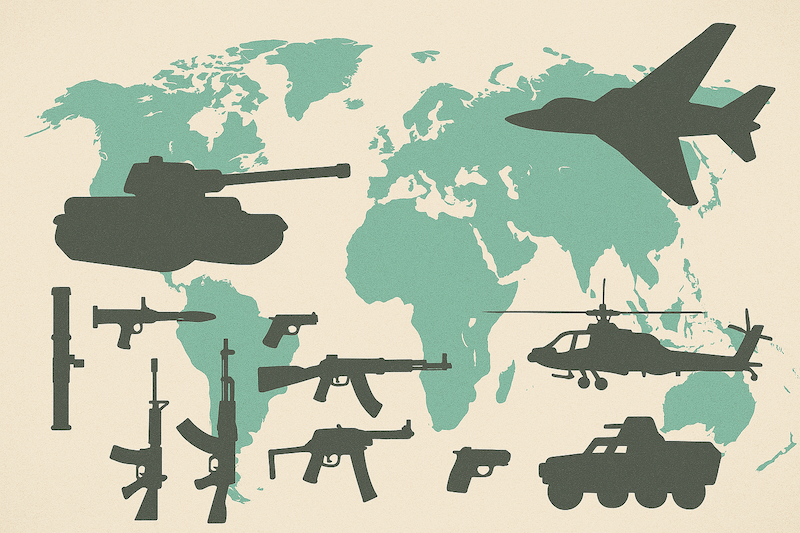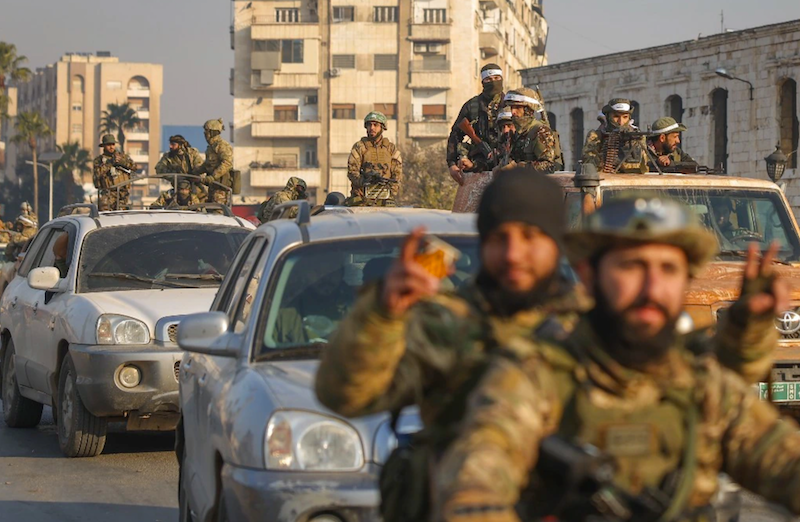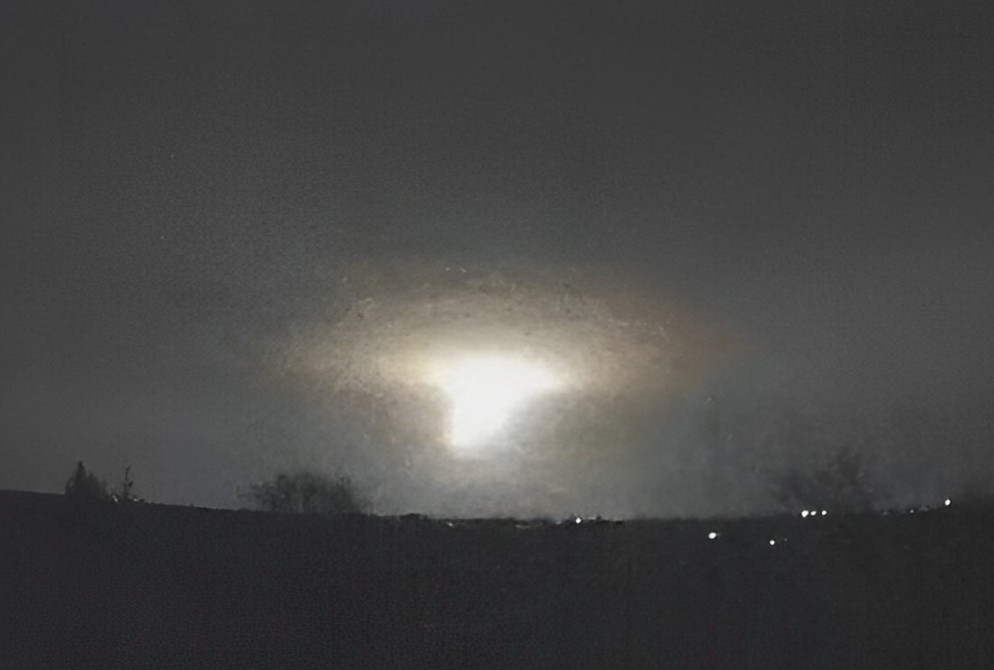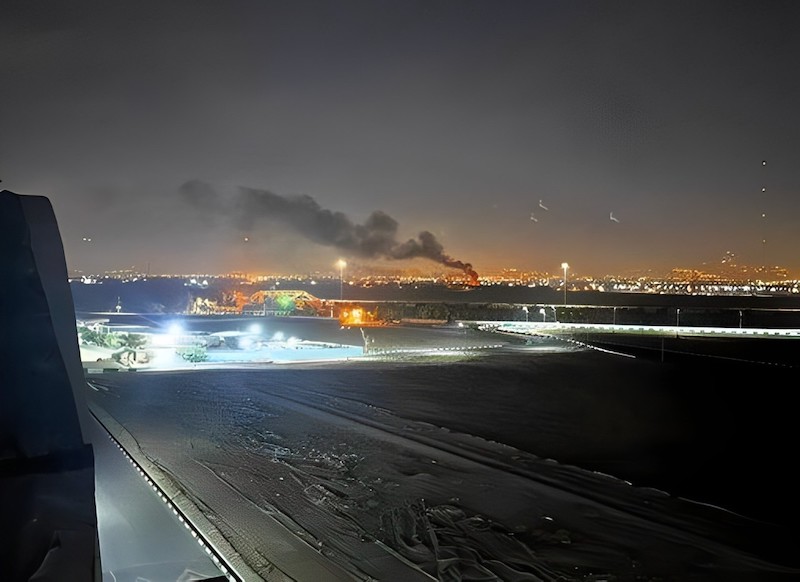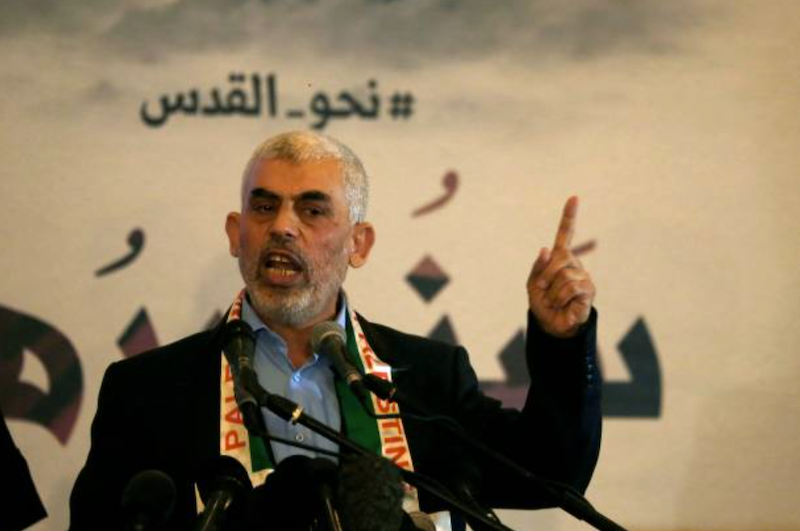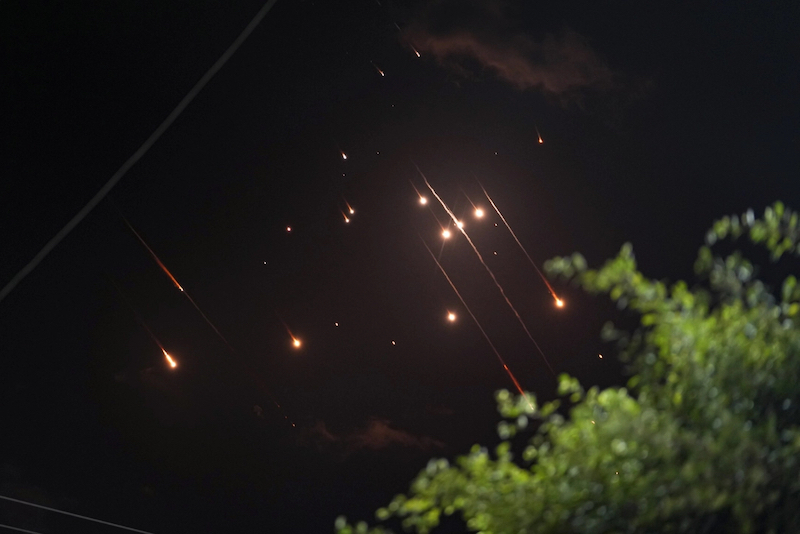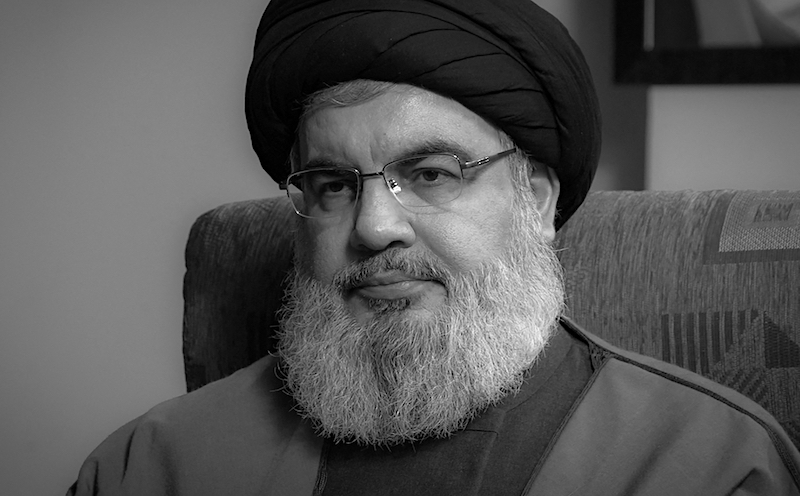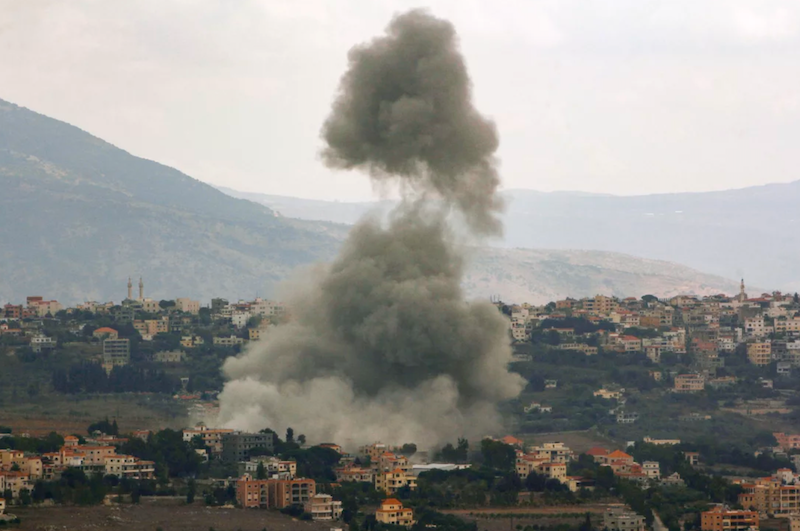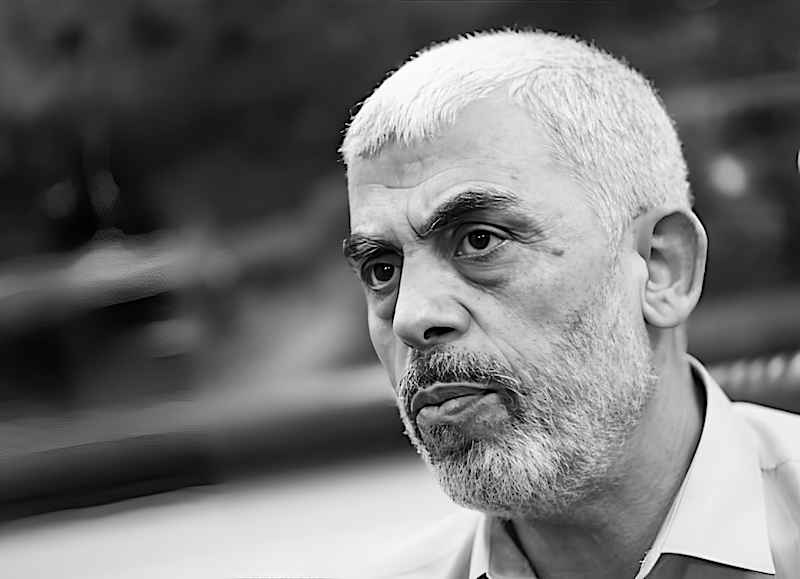 Yahya Ibrahim Hassan Sinwar (October 29, 1962 – October 16, 2024)
Yahya Ibrahim Hassan Sinwar (October 29, 1962 – October 16, 2024)
Yahya Ibrahim Hassan Sinwar, the charismatic yet controversial leader of Hamas, was killed while fighting Israeli forces in Gaza. His death in combat dropped the curtains on a tumultuous life marked by unwavering commitment to Palestinian resistance and relentless opposition to Israel.
Let’s have a look at the life of the Palestinian militant leader who emerged from two decades of prison in Israel to rise to the helm of Hamas and help plot the deadliest assault on Israel in its history.
Early Life and Rise to Power
Born in a refugee camp in Khan Younis, Gaza, on October 29, 1962, Yahya Sinwar’s formative years were shaped by the harsh realities of displacement and conflict that defined Palestinian life under Israeli occupation right from his childhood. These experiences forged in him a steely resolve that would come to characterise his leadership in later years.
Sinwar’s ascent within Hamas began in the late 1980s when he co-founded the al-Majd security service – an internal force notorious for its brutal treatment of suspected collaborators with Israel. This role established his reputation as a hardliner committed to purging any perceived threats to the Palestinian cause.
Imprisonment and Re-emergence
In 1988, Israeli forces arrested Sinwar for his involvement in the killing of Palestinian collaborators. Sentenced to four life terms, he spent 22 years behind bars, a period that paradoxically enhanced his stature within Hamas. His time in prison became a crucible, refining his ideological convictions and cementing his status as a symbol of steadfast resistance.
Sinwar’s release in 2011, as part of a prisoner exchange for Israeli soldier Gilad Shalit, marked a turning point. Far from being diminished by his long incarceration, he re-emerged as a galvanizing figure, swiftly reasserting his influence within Hamas’s ranks.
Leadership and Strategy
In 2017, Sinwar ascended to the leadership of Hamas in Gaza, succeeding Ismail Haniyeh. His tenure saw a marked shift towards military-focused strategies, emphasizing the expansion of Hamas’s rocket arsenal and the development of an intricate network of underground tunnels.
Sinwar’s leadership style was characterized by a blend of strategic acumen and ideological rigidity. He advocated for direct confrontation with Israel – a stance that culminated in the devastating conflicts of 2021 and 2023. These escalations, while catastrophic for Gaza’s civilian population, solidified Sinwar’s reputation as an unyielding defender of Palestinian interests.
October 7 Attack and Aftermath
The zenith of Sinwar’s military strategy came on October 7, 2023, with the unprecedented raid on military and security targets on Israeli territory. This incursion, also resulting in significant civilian casualties and the taking of civilian along with military hostages, shocked the world, especially the west, and precipitated a massive Israeli military response.
While some within Gaza hailed the operation as a bold assertion of Palestinian resistance, others viewed it as a catastrophic miscalculation that brought immense suffering to the Palestinian people. The ensuing yearlong Israeli campaign ultimately led to Sinwar’s demise, closing a chapter in the tumultuous history of Hamas.
Legacy and Impact
Yahya Sinwar’s legacy is as complex as the conflict he embodied. To his supporters, he was a steadfast leader who refused to bow to Israeli pressure, championing the Palestinian cause through armed struggle. To his detractors, including many in the international community, he was a dangerous extremist whose actions perpetuated a cycle of violence.
Sinwar’s death leaves a significant void in Hamas’s leadership structure. His successor will face the daunting task of navigating the group through the aftermath of his demise and the broader ramifications of the ongoing conflict. Questions loom about whether Hamas will maintain Sinwar’s militant approach or move towards a more politically oriented strategy.
Reflections on a Contentious Life
Ultimately, Yahya Sinwar’s life and death encapsulate the intractable nature of the Israel-Palestine conflict. Born into displacement, radicalized by occupation, and committed to armed resistance, Sinwar became both a product and a shaper of the region’s turbulent dynamics.
Sinwar’s dramatic death in active combat, captured in vivid photos and videos, has elevated him to an iconic status within certain circles. This visual documentation of his final moments has created a powerful narrative that may resonate with his supporters. While his death represents a significant tactical victory for Israel, it is unlikely to resolve the deep-rooted issues underlying the decades-long conflict.
Rather, this event serves as a stark reminder of the cyclical nature of violence in the region and the enduring challenge of achieving a lasting peace.
As the dust settles on Yahya Sinwar’s controversial life, his impact on Hamas, Gaza, and the broader Middle East remains indelible. Whether his strategy of uncompromising resistance will be vindicated or vilified by history remains to be seen.
What is certain, however, is that the ideological and political forces Sinwar represented will continue to influence the Israel-Palestine conflict for generations to come.

